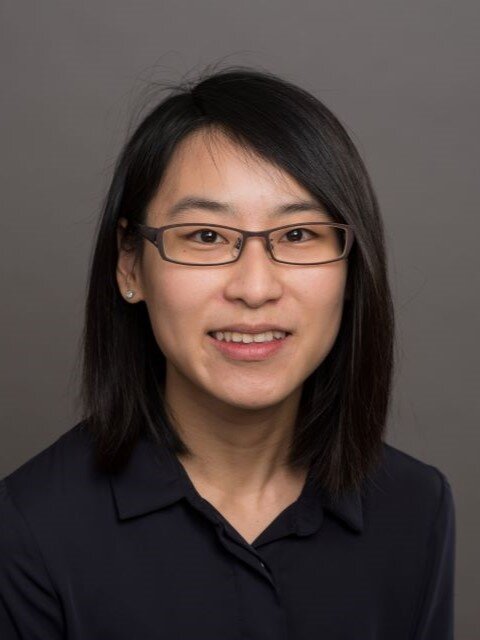
Chia-Chen (Jane) Hsu, PhD, is the COO of Oxford SimCell Ltd, an Oxford University spinout, developing genome-free, non-replicating bacterial cells (SimCells®) for vaccine applications. Prior to joining Oxford SimCell Ltd, Jane is the Head of R&D of Oxsed and the inventor of its COVID-19 testing product. She has 9+ years of research experience in bioengineering and 4+ years of project management experience across academia and industry. During her tenure at Oxsed, she oversaw the development of 4 CE-marked IVD products and established its ISO’s quality management systems, including ISO13485 and ISO15189. She obtained her PhD in Material Sciences from Imperial College London.
OSC is a spinout company from the University of Oxford dedicated to utilising SimCell technology for the development of vaccines against bacterial infections. SimCell technology enables the production of genome-free bacterial cells, harnessing the advantages of whole cells for disease control while mitigating the risks associated with bacterial growth in vivo. By enzymatically shearing the bacterial genome, SimCells are rendered replication-deficient, while retaining their immunogenic cell-surface features. This unique characteristic positions SimCells as highly suitable for whole-cell bacterial vaccines. We aim to leverage SimCell technology to safeguard ONE health.
OSC has successfully developed a proprietary manufacturing process for SimCells, achieving an exceptional level of purity. Our SimCells demonstrate a remarkable purity of no viable cells per 1 billion SimCells, as assessed by regrowth assays. This purity level exceeds the NIH guideline for genetically modified organisms by more than an order of magnitude. Using scanning electron microscopy, the SimCell production process was better at preserving cell surface features compared to chemical, thermal, or irradiative bacterial inactivation methods. To assess safety, SimCells were administered to mice via intramuscular, intranasal and intravenous routes. There were no signs of ill health and all animals in all studies exhibited organs of normal size and appearance. Mice administered with E. coli SimCells were found to produce at least 1-log higher levels of E. coli-specific antibodies compared to those receiving UV-irradiated E. coli or vehicle. These in vivo studies highlight the potential of SimCells as effective vaccines against bacterial pathogens. We have extended our SimCell platform to various bacterial species featured on the WHO AMR Priority Pathogens list, including E. coli, P. aeruginosa, Salmonella, and Shigella, etc. and are in the progress of developing SimCell vaccines against these pathogens.